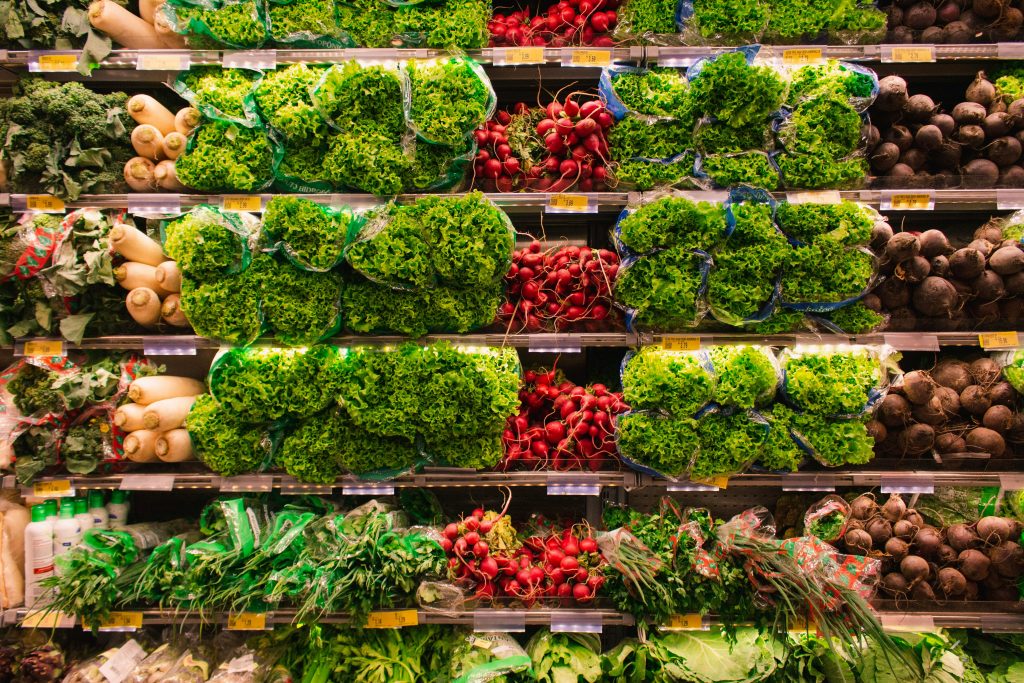
Access to affordable, healthy food – regardless of cultural, social and economic status – is of tantamount importance for the wellbeing of any society.
Yet access to this basic need — in other words, having food security — is unequal across different demographics. PWDs in particular have a significantly greater likelihood of suffering from food insecurity compared to their abled counterparts.
Challenges PWDs Face To Achieve Food Security
While anyone can face a lack of access to proper food, given certain circumstances, many PWDs face unique and constant challenges as a consequence of having a disability. These challenges include:
- Disabilities impacting spending power. Perhaps due to prejudice or the lack of inclusive tools and strategies, those with disabilities tend to encounter many barriers for entry to education and employment, to name a few. This, in turn, can result in PWDs not having the financial resources to easily acquire adequate amounts of nutritious food.
- Disabilities that directly impact food consumption. Several types of disabilities can have a direct impact on an individual ability to consume food. For example, a PWD could suffer from undernutrition due to difficulties when chewing and swallowing. Those with certain learning disabilities can also have trouble achieving food security because of difficulties in understanding nutritional information and the need for food budgeting in order to access healthier options.
- Negative bias toward PWDs. In some cases, PWDs are treated and perceived unfairly, in a similar way some people view those in poverty. This negative bias can result in PWDs receiving less food portions, or only getting access to less nutritious food, which further compounds that bias. PWDs that seek out welfare initiatives in order to obtain proper food can also fuel this negative bias, which may discourage them from seeking help even when it’s readily available.
- Caregivers lacking adequate know-how. There is a relative lack of people with the necessary experience or knowledge to properly care for PWDs and manage their food intake. Even those who do care for PWDs regularly may not have the right expertise for highly specialised cases involving disabilities that impair one’s access to adequate nutrition. For example, an inexperienced caregiver may provide food without considering the right diet for the PWD. If a PWD requires assistance during food intake, a caregiver’s incorrect handling while feeding can easily result in the food not being properly consumed.
Malaysian Organisations That Combat Food Insecurity
Thankfully, there are a number of nonprofit entities that help to alleviate food insecurity in the country. These mainly assist marginalised demographics, including but not exclusive to PWDs. While this isn’t an exhaustive list, here are a few noteworthy organisations:
- Kechara Soup Kitchen. Focused on families living in urban landscapes, Kechara Soup Kitchen has cooked and provided food for over 1,300,000 people since its inception in 2008. This is achieved through its food bank program, which gathers excess food from markets around Malaysia.
- Sincere Charity Association. This organisation, founded in 2020 following the pandemic outbreak, provides not only nutritional assistance but also financial help and welfare for Malaysians. Their assisted demographics include single mothers, orphans, students as well as PWDs.
- Rizq-Ar-Rahman. Based in Kuala Lumpur, Rizq-Ar-Rahman provides home-cooked meals once a week to over 300 families within the city. Most notably, it has also endeavoured in creating a long-term solution against food insecurity by installing water tanks in villages across Malaysia, providing the affected families with clean drinking water.
Of course, reliance on welfare programs isn’t a sustainable long-term solution. Proper caregiver education, access to affordable and inclusive food resources and lowering unfair barriers of entry in education and employment are what’s crucial to achieve true food security for PWDs.
References
The Borgen Project (2024) 5 Organizations Tackling Food Insecurity In Malaysia [Accessed 20 April 2024] Available at: https://borgenproject.org/food-insecurity-in-malaysia
Amiya Chaudhuri (2022) The food-related challenges faced by people with disabilities [Accessed 20 April 2024] Available at: https://idronline.org/article/diversity-inclusion/the-food-related-challenges-faced-by-people-with-disabilities/
Robyn Moore (2021) Food and nutrition security in persons with disabilities [Accessed 20 April 2024] Available at: https://www.sciencedirect.com/science/article/abs/pii/S2211912421000894
Disability Evidence Portal (2023) How do food insecurity, hunger, and undernutrition affect people with disabilities and how can this problem be addressed? [Accessed 20 April 2024] Available at: https://www.disabilityevidence.org/questions-evidence/how-do-food-insecurity-hunger-and-undernutrition-affect-people-disabilities-and
Mia Hadfield-Spoor (2022) Food insecurity among disabled adults [Accessed 20 April 2024] Available at: https://www.ncbi.nlm.nih.gov/pmc/articles/PMC9341842/